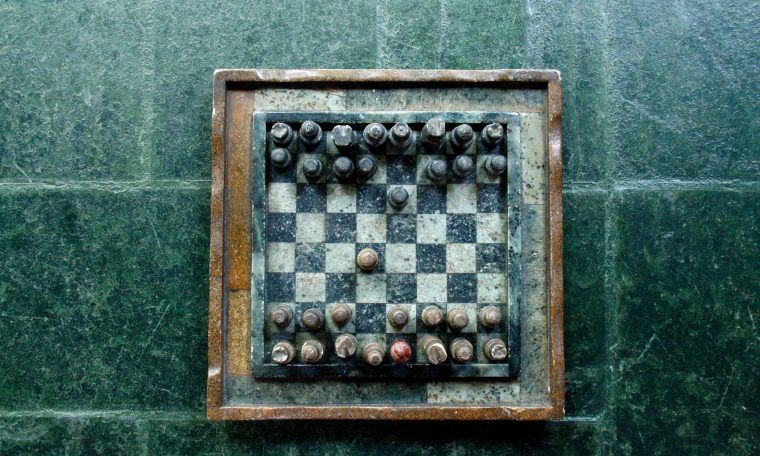
Chess, often revered as the game of kings, is as much about strategy and foresight as it is about avoiding critical errors. In the intricate dance of pieces across the board, one wrong move can spell disaster, leading to defeat in the blink of an eye. Understanding and recognizing these deadly chess mistakes is crucial for any aspiring chess player aiming for success on the board.
1. Ignoring King Safety: The Fatal Flaw
In the heat of battle, it’s easy to get carried away with grandiose plans and intricate maneuvers, forgetting the most fundamental principle of all: king safety. All too often, players become ensnared in the allure of launching aggressive assaults, only to leave their king vulnerable and exposed. Such negligence can lead to swift and merciless checkmates, ending the game before it truly begins.
To avoid these deadly chess mistakes, players must prioritize the safety of their king from the outset. Castling early, maintaining a solid pawn structure around the king, and keeping potential attack vectors in check are essential strategies for safeguarding the most valuable piece on the board.
2. Blindly Sacrificing Material: A Costly Oversight
Chess is a game of balance, where the careful preservation of material is often the key to victory. However, some players fall into the trap of blindly sacrificing pieces in pursuit of short-term gains or flashy tactics. While sacrifices can indeed be a powerful tool in the hands of a skilled player, squandering valuable material without a clear path to victory is a recipe for disaster.
Instead of succumbing to the temptation of reckless sacrifices, players should assess the true value of each piece and weigh the potential consequences of their actions. Sacrifices should only be made with a concrete plan in mind, whether it be securing a decisive positional advantage or launching a devastating attack on the opponent’s king.
3. Neglecting Development: The Road to Ruin
In chess, as in life, neglecting growth and development often leads to stagnation and defeat. Yet, many players fall into the trap of focusing solely on immediate threats and neglecting the long-term development of their pieces. This critical mistake can result in an inferior position on the board, allowing the opponent to seize control and dictate the course of the game.
To avoid this deadly chess mistakes error, players must prioritize development from the opening stages of the game. Rapidly mobilizing pieces, controlling the center of the board, and establishing a cohesive plan for future maneuvers are all essential components of successful development. By laying the groundwork for a strong and flexible position, players can set themselves up for success in the battles to come.
4. Underestimating Your Opponent: The Fatal Assumption
In the heat of competition, it’s easy to fall into the trap of underestimating your opponent, assuming victory is assured before the battle is won. This fatal assumption can lead to complacency and carelessness, opening the door for a cunning adversary to capitalize on mistakes and turn the tables in their favor.
To avoid this deadly pitfall, players must approach each game with humility and respect for their opponent’s abilities. Vigilance and caution should be maintained at all times, regardless of perceived skill disparities. By treating every move as a potential threat and remaining alert to tactical nuances, players can avoid falling victim to their own hubris and ensure they are always one step ahead of the competition.
5. Losing Patience: The Hasty Retreat
Chess is a game of patience and precision, where rushing to conclusions can often lead to disastrous outcomes. Yet, in the face of mounting pressure or frustration, many players succumb to the temptation of hasty moves and impulsive decisions. This lack of patience can unravel even the most carefully constructed strategies, leaving players vulnerable to devastating counterattacks.
To avoid this deadly mistake, players must cultivate a calm and methodical approach to the game. Taking the time to analyze each position carefully, considering all available options, and anticipating potential responses is essential for making informed decisions on the board. By embracing patience as a virtue and resisting the urge to act impulsively, players can maintain control of the game and steer it towards a favorable outcome.
Conclusion
In, mastering the game of chess requires not only skill and strategy but also a keen awareness of the deadly chess mistakes that can spell defeat in an instant. By prioritizing king safety, preserving material, focusing on development, respecting opponents, and exercising patience, players can navigate the complexities of the game with confidence and emerge victorious on the other side of the board.



